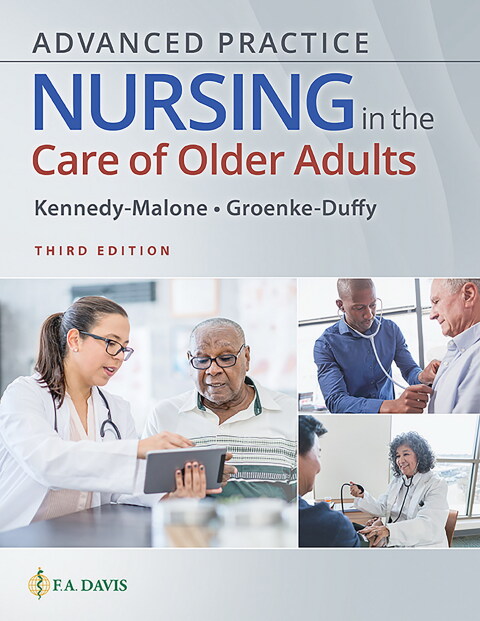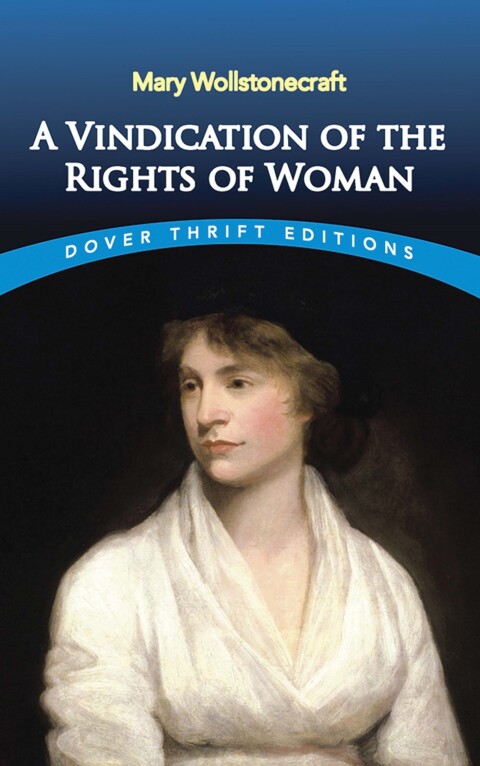Description
Efnisyfirlit
- Cover
- Half Title
- Title Page
- Copyright Page
- Original Copyright Page
- PREFACE TO THE TWENTIETH EDITION
- Table of Contents
- I. THE AIM AND METHOD OF PSYCHOLOGY
- Scientific method in psychology
- II. INDIVIDUAL DIFFERENCES IN ABILITY
- Measuring ability
- Intelligence
- Mental age and intelligence quotient
- The distribution of intelligence in the population
- III. THE CORRELATION OF ABILITIES
- The method of correlation
- General ability or special abilities?
- Prediction of vocational success
- IV. PERSONALITY
- Describing personality
- Judging personality
- Personality tests and measurements
- Self-consistency and trait generality
- Personality integration
- V. PHYSIOLOGICAL AND SOCIAL FACTORS IN PERSONALITY
- Physiological influences
- The endocrine glands
- Social factors
- Improving personality
- Interplay of internal and external factors in the personality
- VI. HEREDITY AND ENVIRONMENT AS CAUSES OF INDIVIDUAL DIFFERENCES
- Interaction of heredity and environment
- The action of the environment
- Heredity
- Differences in intelligence and personality
- Group differences
- VII. INTERACTION WITH THE ENVIRONMENT
- The fundamental questions of general psychology
- Dealing with the environment
- Stimulus and response, the ‘how’ of interaction
- Principles of efficient dealing with the environment
- Everyday examples of these principles
- VIII. THE NERVOUS SYSTEM
- How the nerves operate
- The stimulus-response mechanism
- The brain
- Motor and sensory areas of the cortex
- The combining or organizing areas
- General functions of the whole cortex
- IX. HOW THE INDIVIDUAL DEVELOPS
- Development by maturation
- Development by exercise and by learning
- Behavioural development
- X. MOTIVES
- Origin and development of motives
- Classification of motives
- Strength of motives
- Motivation of work
- XI. FEELING AND EMOTION
- Feeling
- Emotion
- Emotional expression
- Organic states in emotion
- Theory of the emotions
- XII. CHOICE, CONFLICT, FRUSTRATION
- The will
- Conflicting motives
- Frustration
- Adjustment and maladjustment
- XIII. OBSERVING
- Attention
- Perception
- Figural factors in perception
- Accuracy and inaccuracy of observation
- Improvement of observation
- XIV. THE SENSE OF SIGHT
- Sensation and perception distinguished
- Mechanism of the eye
- Visual sensation
- Visual perception
- XV. THE OTHER SENSES
- The sense organs in general
- The skin senses
- The muscle sense
- Organic sensation
- The sense of taste
- The sense of smell
- The sense of hearing
- The sense of head position and movement
- XVI. LEARNING
- Definition and programme
- Place learning
- Thing learning, tool learning
- Conditioning or the learning of sequences
- Important factors in learning
- XVII. MEMORY
- Memorizing
- Economy in memorizing
- Retention
- Recall
- Recognition
- Memory training
- XVIII. THINKING
- Ideation
- Tools of thought
- Problem solving
- Logical and illogical thinking
- QUESTIONS AND EXERCISES
- REFERENCES
- INDEX






Reviews
There are no reviews yet.